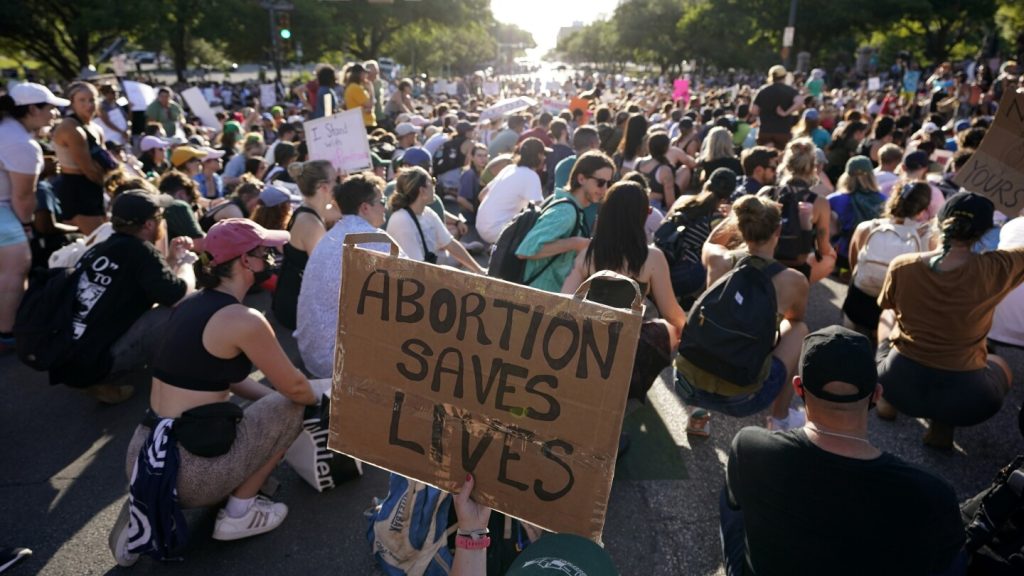The lawsuit filed by Lizelle Gonzalez in federal court in McAllen, Texas, comes after the district attorney in Starr County was fined and disciplined for charging her with murder over self-managing an abortion. Gonzalez, who was 19 weeks pregnant, used misoprostol, a drug used in medication abortions, and later delivered a stillborn baby via caesarian section. The lawsuit alleges that Gonzalez suffered harm from the arrest and media coverage and is seeking $1 million in damages. The district attorney, Gocha Ramirez, declined to comment on the lawsuit.
According to the lawsuit, the hospital where Gonzalez sought medical treatment violated her privacy rights by reporting the abortion to the district attorney’s office, which led to the murder charge against Gonzalez. Despite knowing that women seeking abortions are exempt from murder charges under state law, prosecutors pursued an indictment against Gonzalez. Ramirez later announced that the charges would be dropped, but not before Gonzalez had spent two nights in jail and was publicly identified as a murder suspect.
In a settlement with the State Bar of Texas, Ramirez agreed to pay a fine and have his license held in a probated suspension for 12 months. He admitted to making a mistake in pursuing the murder charge against Gonzalez and accepted the punishment to allow his office to continue operating and him to keep prosecuting cases. The lawsuit argues that the fallout from the illegal and unconstitutional actions of the prosecutors has forever changed Gonzalez’s life and seeks compensation for the harm she suffered as a result of the arrest and media coverage.
Starr County Judge Eloy Vera, the county’s top elected official, declined to comment on the lawsuit. The lawsuit highlights the impact of restrictive abortion laws in Texas and other states, which can lead to harmful legal consequences for individuals seeking abortions. It also raises questions about the role of healthcare providers in reporting patient information to law enforcement agencies, potentially violating patients’ privacy rights. The case of Lizelle Gonzalez sheds light on the complex legal and ethical issues surrounding abortion access and highlights the need for greater protection of women’s reproductive rights.















